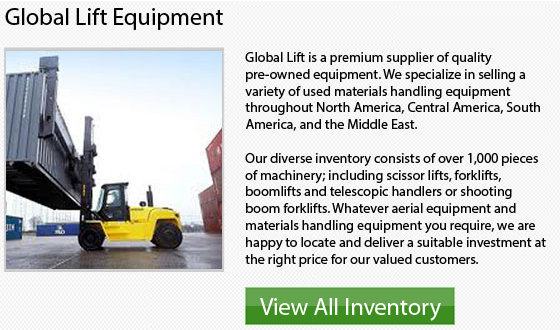
Responsibilities of a Forklift Operator
Forklift operators are employed within warehouses and factories to be able to move supplies from one place to another. Forklift drivers require specialized training, that is normally offered by the workplace. Prospective operators must be able to pass a background check and a drug test.
Performing Inspections
Carrying out functionality and safety checks every day is part of the many tasks of a forklift driver. The Occupational Safety and Health Administration mandates that all types of forklifts be inspected prior to using them. The driver must inspect the forklift again at the end of the shift. Yearly safety training is a very essential part of the job description of a forklift operator.
Unloading and Loading
To unload and load materials and to stack stuff in a timely and efficient manner, forklift drivers utilize the controls on the forklift.
Weighing Materials
A forklift driver's tasks comprise weighing the materials they are moving, and logging the weights.
Quality Control
One more vital part of a forklift driver's role is quality control. This involves making sure that orders are correct and making certain the supplies do not sustain damage while moving them.
Battery Care and Maintenance
Caring for the forklift battery helps ensure a long life span for the unit. Proper care and maintenance consist of checking the water level inside the forklift battery roughly every five charge cycles, filling the cell to just above the visible protector, being careful not to overflow the water, and cleaning up any spills. When a forklift battery is charging, never interrupt the cycle.
PPE: Personal Protective Equipment
Personal Protective Equipment is necessary when performing work on the battery, like checks of water levels. Both hand protection and eye protection should be worn, and an acid spill kit and a fire extinguisher should be available. Forklift operators should always observe safety rules. The charging area should be kept clear of open flame and ventilated.